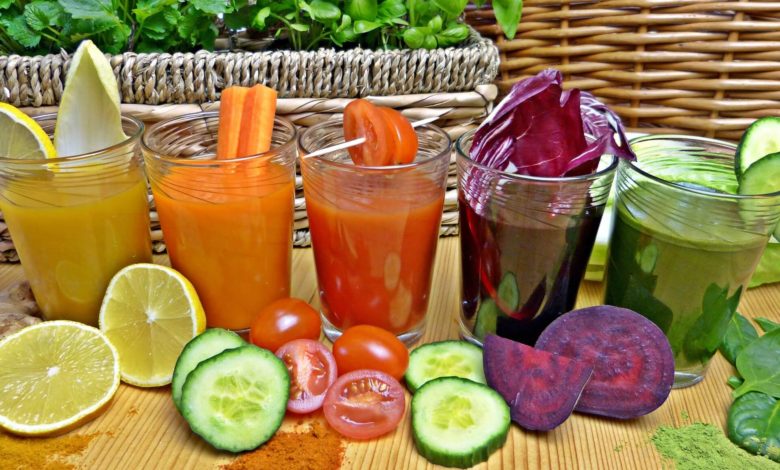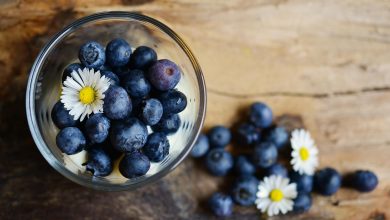
What should you avoid when you have indigestion?
Some individuals take good care of their bodies, others do not care at all … Those who take good care of their body are in a healthy diet with the right mixture of carbohydrates, fats, protein, plenty of water, salts, vitamins, soluble and insoluble fiber. If you skip one of these, many problems may be waiting for you.
Correct fuel intake helps the body work more efficiently. And if you have digestive problems that include symptoms such as nausea and bloating, the foods you shouldn’t eat gain importance. Here are the foods you should stay away from when you experience indigestion;
Dairy products
Milk and dairy products come at the top of food groups that can be difficult to digest. You may experience digestive problems due to the sugar called lactose in milk and dairy products. When lactose cannot be digested properly, as in individuals with lactose intolerance, gas and bloating occur. If you consume too much lactose, it enters the large intestine and diarrhea may occur. When dealing with digestive problems, you can try lactose-free yogurt and cheese, and lactose-free milk.
Spicy Foods
If you experience nausea, vomiting, and diarrhea, you’ll want to avoid nutrient options that stimulate the digestive system, including spicy foods. Spicy foods are incredibly variable; While it may not have any effect in some people, it can cause digestive problems in others. In general, if you have digestive problems, you should choose lighter foods, and if you are sensitive to spices, you should avoid as much as possible.
Acidic Foods
Citrus fruits, such as lemon, orange, and grapefruit, or tomato sauce, are acidic foods and can irritate the outer wall of the stomach, causing digestive problems. Many people also do not know that carbonated drinks are acidic. If it bothers your stomach, you should avoid acidic foods.
Fatty foods
Fatty foods stimulate contractions in the digestive system; this can slow the emptying of the stomach and worsen constipation or speed up movement, leading to diarrhea. These effects may depend on the type of fat you consume and your tendency towards constipation or diarrhea. When you experience indigestion, put low-fat foods on your menu and eat small snacks that may put less pressure on your stomach intermittently throughout the day. Avoid excess fat, such as butter, ice cream, red meat, and cheese for at least some time.
Fried Foods
The problem with fried foods is the same as fatty foods – they cannot be digested, they can pass into the body very quickly, cause diarrhea or stay in your digestive system for too long, leading to bloating and indigestion. Many fried foods are weak in fiber and may take longer to digest. If you complain about problems like diarrhea or constipation, you may want to avoid fried foods for a while.
Processed Foods
If you are having constipation, you should avoid processed foods because they are very low in fibers that help regulate bowel movements. Processed foods often contain preservatives and artificial colorants, and people who are allergic or sensitive to these additives will feel the effects too much while experiencing digestive problems. Note that some packaged foods contain lactose, they can make gas in your stomach or worsen any discomfort you are already experiencing.
Artificial sweeteners
The artificial sweetener, perhaps most commonly associated with digestive problems, is sorbitol. It is a sugar difficult to digest naturally found in some fruits such as plums, apples and peaches, and is also used to sweeten gum and light foods. When sorbitol reaches the large intestine, it often produces gas, bloating and diarrhea. If you are having digestive problems, be sure to read the labels of the nutrients to avoid sorbitol.
Alcohol
If you have trouble with your stomach, the last thing you need to do is take an alcohol. Because it will probably make you worse. Alcohol is toxic to the stomach wall and changes liver metabolism. Drinking too much alcohol can cause indigestion, among other health issues. It is best to consume everything in its decision.
Caffeine
Caffeine speeds up the gastro intestinal tract motility, and excessive consumption can cause diarrhea. If you already have a digestive problem, you should stay away from caffeine. If you can’t give up coffee, you can try drinking decaffeinated coffee, though it contains some caffeine, but not too much. Remember that tea, cola and chocolate contain caffeine and should not be consumed until digestive problems have passed.
Sweet or Salty Foods
Our bodies do not like trying to digest too much sweet or salty foods, they like moderation. When you have digestive problems, you may want to consume a fast digesting food. When a person experiences nausea, he is also affected by the amount of sugar he consumes. Chocolate can be the main culprit in heartburn and many digestive problems.
Spoiled Foods
Foods that are close to expiration date such as dairy products, meat, eggs stored in the refrigerator can quickly deteriorate. Bacteria such as Salmonella and E. coli can also move from raw meat to vegetables and fruits. Eating spoiled food can cause digestive problems or worsen existing ones, including diarrhea or vomiting. You should be aware of signs of food poisoning, such as muscle pain, fatigue, and abdominal cramps, because food poisoning can be life-threatening.





